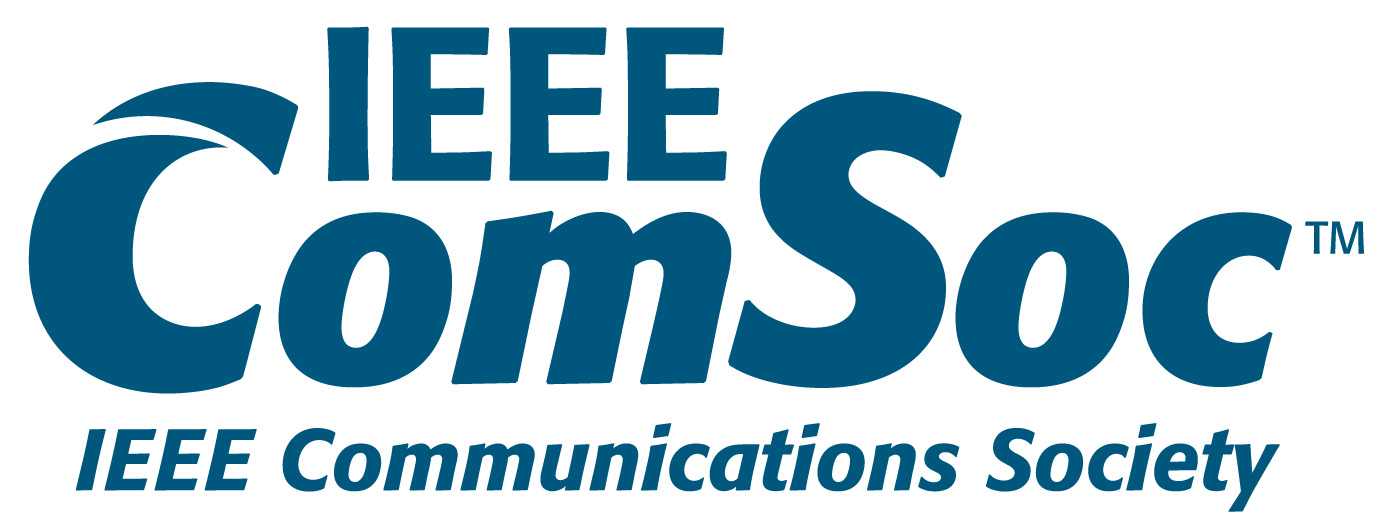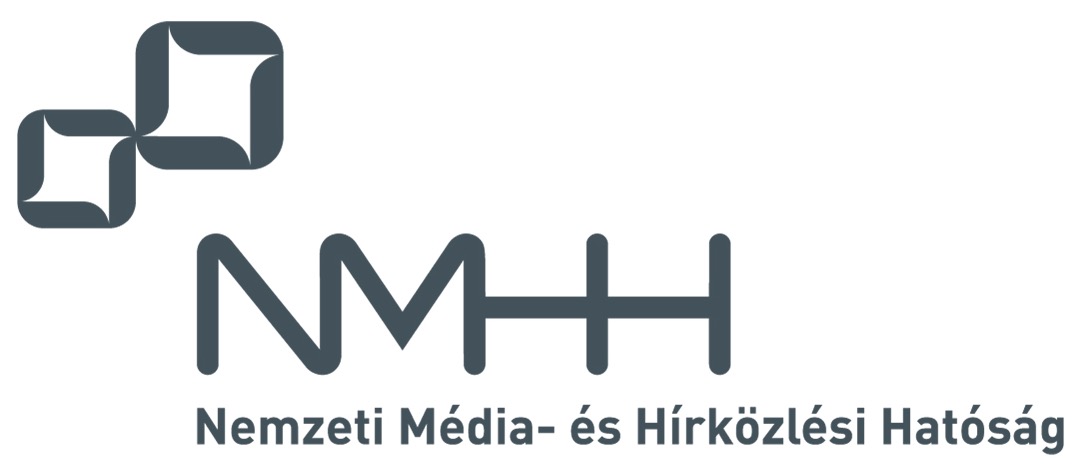2017. 2nd Issue
Full issue  (5 MB)
(5 MB)
PAPERS FROM OPEN CALL
Dmitrii I. Popov and Sergey M. Smolskiy
Optimization of the digital rejection filter 
The digital rejection filter (RF) is offered in the form of the device for substraction of weighted samples in the non-delayed channel and results of group accumulation of samples in the delayed channel. The RF optimization task is considered with the group sample accumulation in the delayed channel. The optimal relationships between RF parameters and correlation properties of interference are discussed, which corresponds to minimum of interference remainders. The influence of bit grid finiteness of the analog-to-digital converter (ADC) on effectiveness of interference rejection is studied. The expression is suggested for the minimal number of bits, which can be used for a choice of ADC type with account of given losses in effectiveness of interference rejection and required operation speed. The RF adaptation principles under condition of a priori uncertainty of interference correlation parameters are discussed. The analysis of the adaptive RF effectiveness is carried out depending on correlation properties of interference and the volume of the learning sample. From relations obtained, it follows that losses in effectiveness of interference rejection, which are caused by adaptation errors, can be restricted in advance by the given value by means of appropriate choice of the learning sample volume.
Csaba Simon, Miklós Máté, Markosz Maliosz and Norbert Bella
Ethernet with Time Sensitive Networking Tools for Industrial Networks 
In currently deployed networks the time critical and/or real time traffic is sent over dedicated networks, requiring the operation of a separate infrastructure. This is especially true for Industrial Networks, which use technologies and protocols that are designed particularly for that purpose. The IEEE 802.1Q Time-Sensitive Networking (TSN) task group introduced a set of standards by defining QoS mechanisms, also known as TSN features, so that standard Ethernet networks could provide precise timing for critical flows. We have implemented two mature TSN features, frame preemption and time gated queuing, in a simulator, and on multiple network topologies we have evaluated the end-to-end delay and packet delay variation as the main QoS metrics and important design considerations in industrial networking setups. Our simulation results have shown that the QoS guarantees provided by TSN are strong enough for industrial use cases, but we have also identified some design and configuration pitfalls that TSN-adopters need to be cautious about.
Roland Király, Tamás Helfenbein, Sándor Király, Emőd Kovács and Tamás Balla
Novel concepts and devices in RFID based indoor localization using Smart Reader Networks and Intelligent Antennas 
Industrial, logistic, and several other applications require the discovery, localization, and tracking of objects using existing passive radio frequency identification (RFID) based sys- tems. We have analysed system concepts, methods, and protocols to enhance accuracy and coverage of RFID localization systems in order to find a moving transponder in an area with high precision over time using reading parameters and also to estimate the location of the transponder with low error rate if the reading information is not available. This research is also focusing on the infrastructure requirements of determining or recovering the location or path of the tag. The extension of the RFID localization beyond the area covered by the RFID reader system could be a solution. This can be carried out by using a special device called "Nodding antenna" or by supplying the transponders and antennas with the information on how to determine or store their respective positions. Advantages and application areas of the Location-on-Tag (LoT) concept and a novel localization method based on intelligent antennas that can enhance reliability and robustness of indoor RFID localization systems and ensure inter- building tag path tracking are introduced in this paper.
CALL FOR PAPERS / PARTICIPATION
IEEE WCNC 2018, Barcelona, Spain
IEEE EnergyCon 2018, Limassol, Cyprus
IEEE ICC 2018, Kansas City, USA




